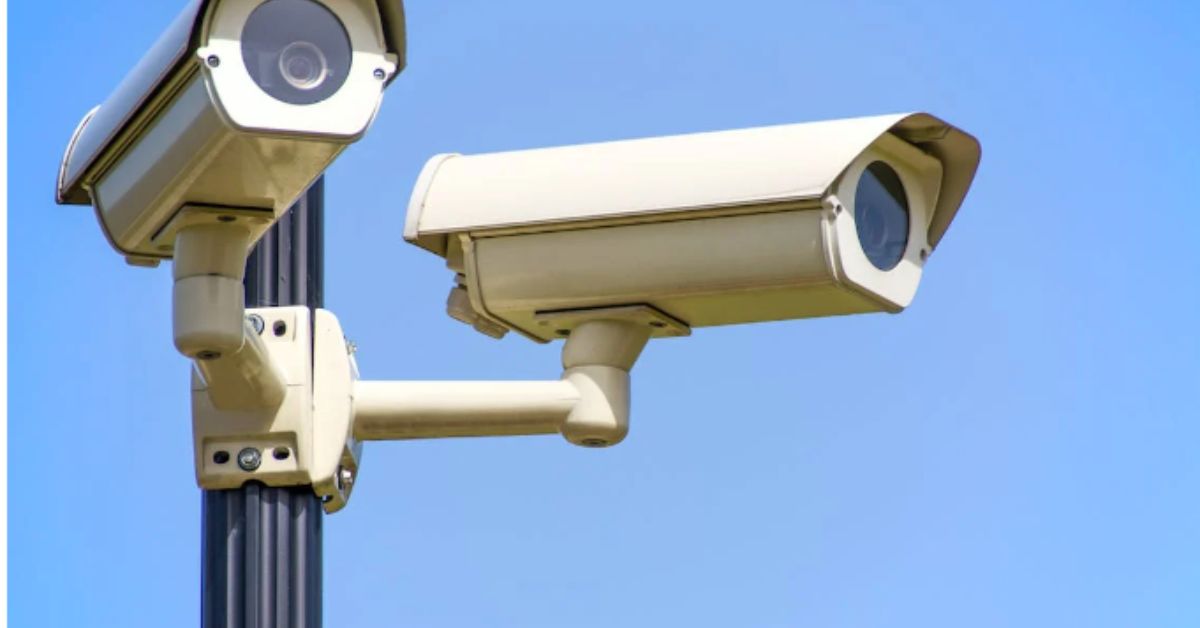The capital of Nigeria, Abuja, is a busy metropolis that is quickly expanding.
It is renowned for its cultural diversity, economic prospects, and political relevance.
Like any large city, Abuja has a variety of activities and a pleasant atmosphere overall, but it’s crucial to be aware of high-risk areas to protect your safety.
In this article, we’ll look at some important elements that might help you recognize and traverse potentially dangerous places in Abuja.
Recognizing High-Risk Areas
High-risk areas can include a wide range of places, each with its own unique set of difficulties. These difficulties could include:
- Crime Hotspots:
Neighborhoods or areas with greater crime rates than others are known as “crime hotspots.”
These places might have a higher incidence of crimes like theft, burglary, and petty crime.
- Traffic Congestion:
High-traffic zones can put people at risk for accidents, driving rage, and delays.
Safe navigation requires an understanding of traffic patterns and potential bottlenecks.
- Health Concerns:
There can be more health risks in some locations due to illness prevalence, insufficient healthcare services, or poor sanitation.
- Demonstrations and Protests:
Abuja, the nation’s capital, periodically experiences protests and demonstrations.
Even while they typically run smoothly, it’s crucial to be aware of any developments that can jeopardize your security.
- Environmental Hazards:
Due to Abuja’s location in a region that is vulnerable to various natural disasters, including seasonal flooding, particular areas can be more at risk for such occurrences.
Research And Regional Expertise
Research and local expertise are two of the best ways to pinpoint high-risk areas in Abuja.
You can follow the instructions listed below:
- Consult Locals:
Talk to locals, such as hotel staff, coworkers, or residents, to learn which locations to stay away from or proceed with care in.
They frequently possess useful information on the dynamics of the city.
- Online Resources:
Read reviews and gather information from people who have visited or lived in Abuja by using online resources, such as travel forums, social media groups, and apps like Google Maps.
- Government Travel Advisories:
Consult the government’s travel advice for your nation regarding Nigeria and Abuja.
These advisories offer the most recent details on safety and security issues.
- Local News:
Keep a watch on regional news sources for details on recent occurrences or incidents that could have an impact on local safety.
Personal Security Steps
It is crucial to practice personal safety precautions wherever you go in Abuja.
These consist of:
- Stay Informed:
Know your surroundings and keep up with any local events or developments by being informed.
- Use Reputable Transportation:
When navigating the city, choose trustworthy modes of transportation like licensed taxis or ride-sharing services.
- Avoid Flashy Displays:
Limit the number of flashy displays you make of expensive objects like jewelry, technology, and huge sums of cash.
- Group Travel:
Whenever you can, travel in groups, especially at night.
- Secure Accommodations:
Select lodging in regions that have a good reputation for safety.
Verify the right security measures are in place during your stay.
- Emergency Contacts:
Contact information for local emergency services, such as the police and hospitals, should be saved in your phone.
Safety in Specific Areas
Let’s go into some specific locations and things to think about in order to give you a more thorough grasp of high-risk zones in Abuja:
- Central Business District (CBD)
The core of Abuja is the Central Business District, which is well-known for its busy government buildings and business activity.
Although it might be packed and chaotic during peak hours, like any city center, it is generally safe during the day.
Common worries include traffic jams and pickpocketing.
Be careful when moving through the CBD, and keep an eye on your possessions.
- Garki
Abuja’s Garki neighborhood is a well-liked residential and business area.
It is generally regarded as safe, although like most urban areas, it also experiences its fair share of minor crimes.
Utilize well-traveled routes at night and stay away from dimly lit regions.
- Wuse
Another busy location is Wuse, which features a variety of eateries, shopping malls, and residential communities.
Although it’s generally safe, use caution when using ATMs and pay attention to your surroundings.
Keep to populated, well-lit streets, especially at night.
- Maitama
One of Abuja’s affluent neighborhoods, Maitama is noted for its opulent residences and diplomatic missions.
Although mostly safe, it could draw opportunistic criminals like any wealthy neighborhood.
Avoid late-night strolls in isolated regions, and secure your possessions.
- Kubwa and Nyanya
Nearby satellite towns Kubwa and Nyanya have occasionally had security issues, such as episodes of civil unrest and minor criminality.
Visitors should travel to these regions with caution, especially if the security situation is unpredictable, while locals carry on with their everyday lives.
- Airport Road
Especially at rush hour, the road to Nnamdi Azikiwe International Airport can become backed up.
To guarantee that you get to the airport in plenty of time, plan your trip in advance.
Additionally, use caution when traveling to and from the airport on public transit, and pick up trusted cab services.
Staying Updated on Safety
The security environment in Abuja is dynamic, therefore it’s important to follow any changes. This is how:
- Local News:
Follow local news sources frequently to be informed on happenings and security in Abuja.
- Consulate or Embassy:
If you’re a foreign national or a traveler, register with your local embassy or consulate.
If you require it, they can give you support and safety alarms.
- Local Contacts:
Stay in touch with neighbors or coworkers who can update you on the state of affairs in particular regions.
- Travel Apps:
Use GPS services and travel apps to find your way around the city.
They frequently offer up-to-the-minute traffic and safety information.
Conclusion
Abuja is a relatively safe city, but it’s important to be proactive in spotting and avoiding high-risk areas to protect your safety and peace of mind.
While visiting this lovely and vibrant city, make use of the information and resources at your disposal, be educated, and take precautions for your own safety.
You can maximize your enjoyment in Abuja while lowering any hazards by doing this.





